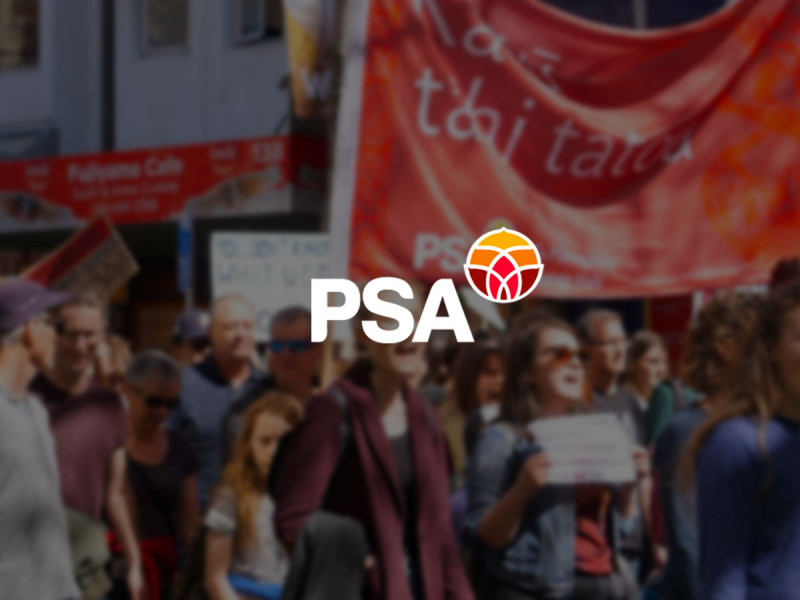A report into the wellbeing of home support workers during the Covid-19 pandemic calls for urgent measures to address workers’ concerns.
On Wednesday, researchers from AUT led by Associate Professor Katherine Ravenswood and union representatives from E tū and PSA, who collaborated on the report, will meet with Minister of Health, Andrew Little, to seek commitments to take crucial action on its recommendations.
The Wellbeing of Community Support Workers During the Covid-19 Pandemic is unique in that the research was conducted not only by the AUT researchers but also by home support workers themselves, who were trained to interview their peers.
The research, funded by the Health Research Council, reveals the huge psychosocial and physical impacts on workers, due to their isolation, marginalisation, insecure working conditions, financial stress, and poor communication from employers.
“Most people think all we do is make cups of tea and do housework. But I am showering my clients, changing dressings – things that require me to be very up close and personal,” one support worker says. “Yet we had no masks, no gloves, or aprons. In those early days I spent a lot of time crying in my car.”
Many workers said they felt a sense of insecurity about their work hours, if they could continue to work, and whether they would retain their incomes.
"I was in one of the vulnerable groups, and we didn’t know whether to continue work or to stay home or whether I will be financially supported or not."
E tū Director Kirsty McCully says decades of systemic undervaluation of this mostly-women workforce has had a profound effect on their individual and collective wellbeing.
“The reflections in the report are honest and cut to the heart. There is no mistaking the stresses these low-paid women workers felt, or the brave actions they took to protect vulnerable clients.”
PSA Assistant Secretary Melissa Woolley says the research shows, where they could, workers consistently went the extra mile to make sure clients were protected and gaps in care were filled.
“There are lessons not only about the Covid-19 pandemic, but about how this group of workers has ended up so forgotten and unrecognised despite the enormous importance of their work, and about what can be done to change this.”
The report’s recommendations include upholding Te Tiriti o Waitangi principles, introducing wellbeing-centred employment practices to reduce issues like isolation and financial insecurity, recognising workers’ contribution and expertise, and developing a well-resourced sector to sustainably deliver care and support services.

